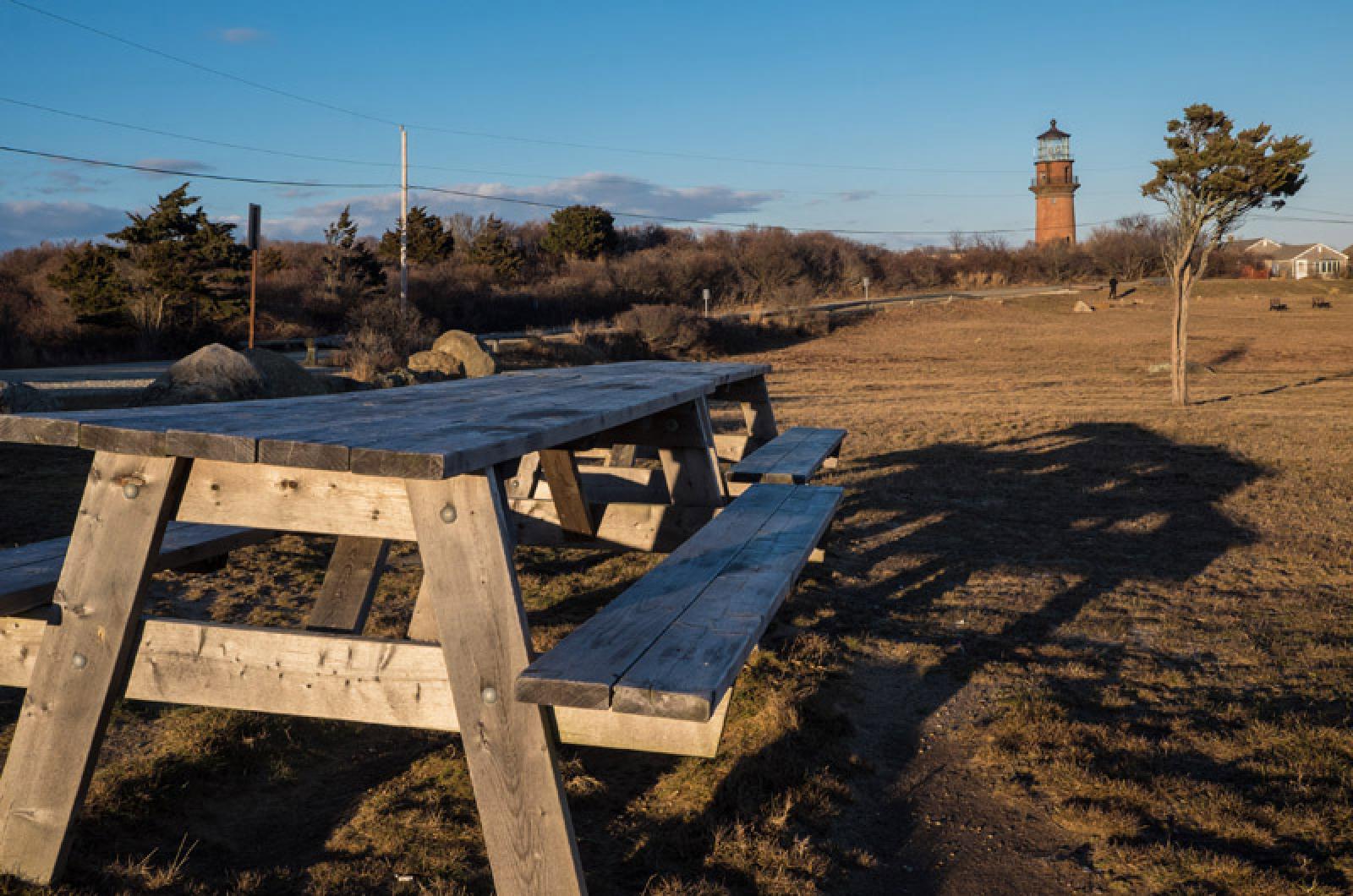Gov. Charlie Baker’s decision to slash more than $98 million from the state budget could affect key programs on Martha’s Vineyard, including funding for health care access, shellfish propagation and improvements at the Aquinnah Circle cultural district.
Legislators have said they will try to restore the funding.
The cuts were announced last week as part of Governor Baker’s efforts to balance the 2017 budget. The governor first proposed about $256 million in line item vetoes and $150 million in other spending reductions in July, but legislators later overrode most of those vetoes.
Using special powers vested to him by state law that allow him to balance the budget, last week the governor unilaterally acted to reinstate several of the cuts. Mr. Baker said in a letter to the legislature that the changes were made in close consultation with his cabinet secretaries and their respective teams because of a $320 million budget shortfall.
The funding cuts include $100,000 for a transportation access program for residents of the two Islands and administered by Martha’s Vineyard Community Services; $175,000 for shellfish propagation in Dukes, Barnstable, and Nantucket counties; and $100,000 in state funding for improvements at the Aquinnah Circle, which was recently named a cultural district. That funding was earmarked through the Office of Travel and Tourism, which was hit with more than $7.6 million in cuts.
Other cuts include $45,000 earmarked for a caseworker to assist Vineyard residents who are homeless or at risk of becoming homeless, $15,000 to develop and support anti-addiction programs in Vineyard schools, and $125,000 for coastal water quality monitoring in Buzzards Bay and Vineyard Sound.

Cape and Islands state Rep. Tim Madden said this week there is a sense from state house leaders that the budget will be revisited early in the legislative session and the funding reinstated; if the governor vetoes the funding again the legislature can override the vetoes again. “It’s a multistep process,” he said.
Mr. Madden said he was disappointed with the governor’s approach.
“I think it’s premature on the governor’s part to make these cuts,” Mr. Madden said. “But at the same time he does have the latitude to do it. He took the approach that the earmarks he didn’t like before, he basically just whacked away at those. I have no problem with cutting the budget when there are shortfalls but we should look at everything individually and on its own merit.”
He said some programs could be funded at lesser amounts, others could be fully funded and some could be postponed.
The cuts leave several Vineyard programs scrambling for funding or uncertain about the future.
The transportation access program (TAP), which assists Vineyard and Nantucket residents with travel off-Island for medical or mental health appointments, has not been taking applications because of uncertainty about funding.
The program offers help with travel costs when all other assistance, including health insurance, is exhausted. There is an annual cap of $500 in assistance per family.
In its first year the program served more than 300 people, including 160 on the Vineyard.
Mr. Madden said he is concerned about all the Vineyard programs that could lose funding, with TAP chief among them. The program is “something that, quite frankly, I don’ think should have to be included as earmarks. It should be included in normal services to the Islands and they are not,” he said. “It’s actually a terrific program...a service that’s greatly appreciated and greatly needed on the Islands, and I’d hate to see that go away and hope to see that restored fairly quickly.”
He said he has reached out to the state Department of Public Health to weigh in about funding the transportation access going forward.
Meanwhile, the Martha’s Vineyard Shellfish Group may dip into reserve funding if state funding does not come through, director Rick Karney said this week. The shellfish group propagates oyster, quahaugs and scallop seed and works on other projects which right now includes shell recycling and sugar kelp growth.
“It’s not a life-and-death issue for us but definitely a cause for concern,” Mr. Karney said.
Mr. Madden, who will retire from the State House Jan. 4 as new state Rep. Dylan Fernandes is sworn in, said he has hope.
“I will say it’s going to be another heavy lift and we’ll be pushing it as hard as we can,” he said. “I’m cautiously hopeful.”




Comments (1)
Comments
Comment policy »